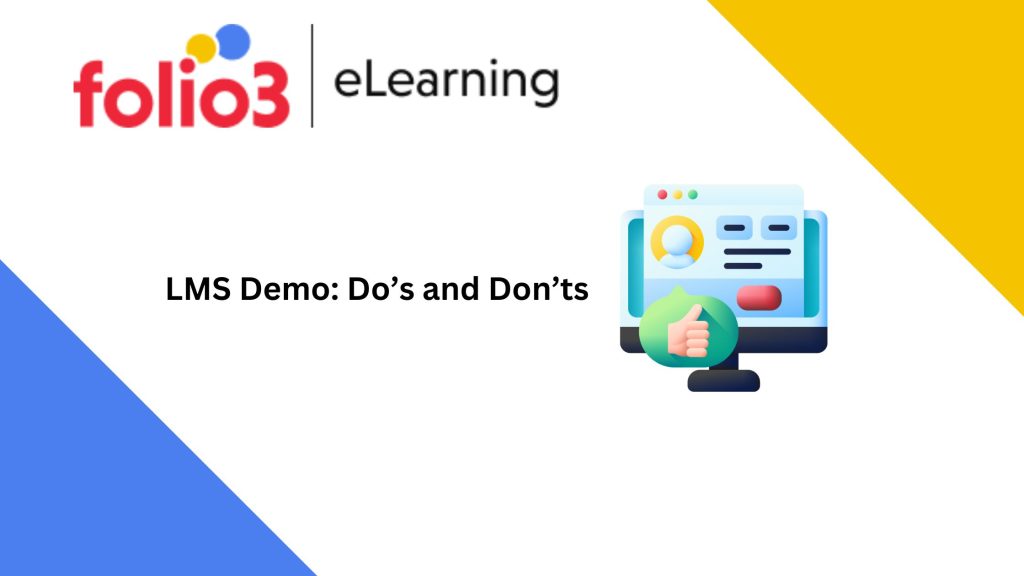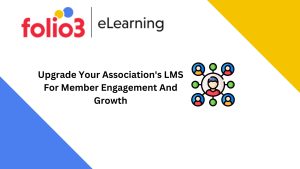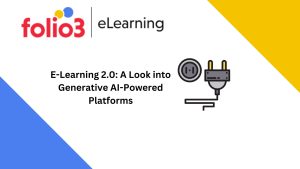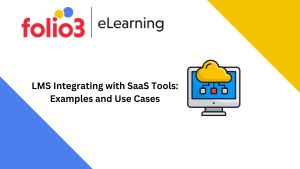
Executive Summary:
Learn the dos and don’ts of LMS demos. These core practices can help you get the most out of your LMS demo experience, whether you’re a learner or a vendor of LMS development services.
Introduction:
This blog provides crucial dos and don’ts to help learners, and LMS development service providers make wise choices during the demo phase.
This blog offers a systematic approach to LMS demo exploration by defining essential practices like extensive planning, active participation, user-centric assessment, and a focus on scalability and integration.
It also strongly emphasizes avoiding errors like emphasizing appearance over functionality, skipping post-implementation support, and packing in too many extra features.
Following the LMS demo do’s and don’ts, your experience will greatly improve, regardless of whether you are looking for the appropriate LMS for your business or offering LMS development services.

LMS Demo Do’s:
These LMS do’s will help you conduct an effective and informed evaluation process:
- Prepare with a Purpose:
Carefully outlining your organization’s unique requirements and goals is imperative before participating in an LMS demo. With this proactive approach, you may examine the demo with greater focus and ensure you pay attention to the features most pertinent to your educational requirements.
You may effectively evaluate how well the LMS handles your specific requirements and contributes to your overall aims by matching the demo with the objectives of your organization.
- Participate Actively:
Active participation is essential during the demonstration. Actively engage with the demo platform by taking the initiative. Ask intelligent questions better to grasp the capabilities and features of the LMS.
Request clarifications on any points that aren’t immediately clear and live demonstrations of any particularly important features of your company. You can obtain thorough information and make informed decisions using this proactive strategy.
- Exploration of Customization:
Learn about the LMS’s range of customization possibilities. Ask how much the platform may be customized to meet your company’s particular needs and distinctive branding features.
Understanding the customization options lets you picture how the LMS may slickly fit into your current educational ecosystem while preserving your students’ consistent and tailored experience.
- User-Centered Approach:
A user-centric viewpoint is essential for an effective evaluation of an LMS. While navigating the demo, imagine yourself as an administrator and a student. Examine the user experience overall, the navigational simplicity, and the user interface’s intuitiveness.
You can make sure that the platform you choose is in tune with the requirements and preferences of your educational community by examining the LMS through the eyes of people who will use it daily.
Integration and Scalability: To ensure that your educational technology infrastructure is future-proof, you must learn about the LMS’s capacity for scalability and integration. A dependable LMS should be adaptable to your organization’s long-term expansion.
It should also be simple to link with other systems and tools in your educational setting, producing a cohesive and integrated ecosystem that boosts productivity and efficiency.
LMS Demo Don’ts:
To avoid typical errors and ensure an informed LMS demo, below are a few LMS don’ts:
- Overly focused on Aesthetics:
While an appealing interface might be alluring, resist the need to give graphics priority over crucial functions. Keep in mind that substance is more important than fashion.
Consider how well the LMS satisfies your educational needs and corresponds with the objectives of your organization instead of being seduced merely by a visually appealing appearance.
- Lack of Maintenance and Training:
A successful LMS deployment depends heavily on Post-implementation Support and Training. Don’t make the error of ignoring these essential components.
Find out what tools are available to help train your team and ensure a seamless transition to the new LMS. Ample support ensures that your team can utilize the LMS to its fullest extent and successfully address any problems.
- Neglecting Data Security:
In today’s digital environment, data security is non-negotiable. It is crucial not to undervalue the significance of effective data security procedures. Ask the LMS about its security procedures, such as data encryption, user authentication, and adherence to regulatory requirements like GDPR or HIPAA.
Sensitive learner information is protected, and strict data security keeps your educational procedures honest.
- Overwhelming with Features:
While a feature-rich LMS may be alluring, do not fall victim to being overrun by a glut of features. Instead, focus your attention on aspects directly related to your organization’s educational goals.
Choose a streamlined strategy that prioritizes the features that improve your teaching and learning experiences. Avoiding needless complexity can result in a more effective and user-friendly LMS installation.
- Ignoring the User Experience:
When assessing an LMS, never overlook the experience of the end users. Low engagement and poor learning results might result from ignoring the user interface’s intuitiveness and general usability.
A flawless user experience is prioritized by an LMS, which increases student satisfaction and academic performance. Keep your assessment focused on your students’ and administrators’ requirements and preferences.
Conclusion:
It is impossible to overestimate the importance of a carefully executed LMS demo in the dynamic education environment. For students, it holds out the prospect of a rich and interesting learning experience, and for providers of LMS development services, it offers a platform to highlight knowledge and creativity.
LMS demos provide the momentum for this evolution in the educational sector, which is poised for change. They give students access to engaging learning environments and give teachers the tools they need to impart knowledge that has an impact.
These demonstrations for LMS development service providers demonstrate technical mastery and a dedication to promoting academic advancement.









